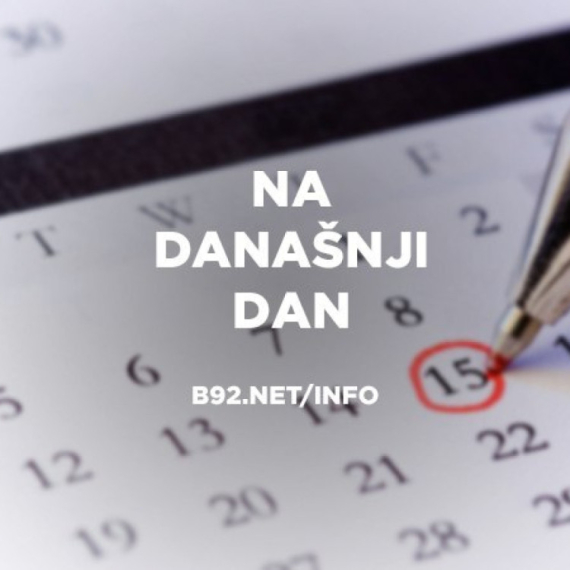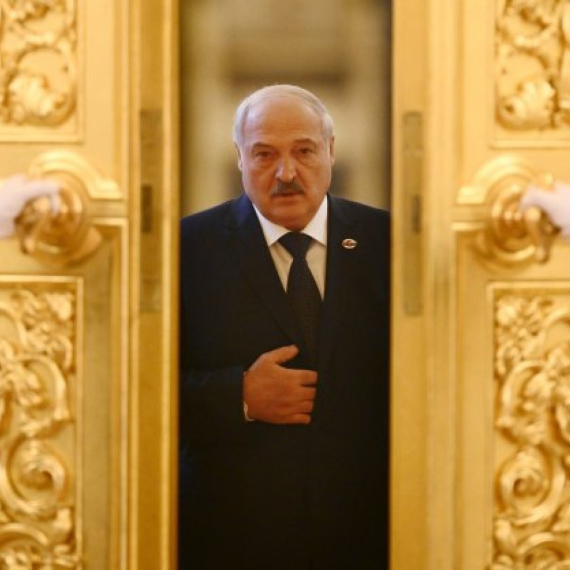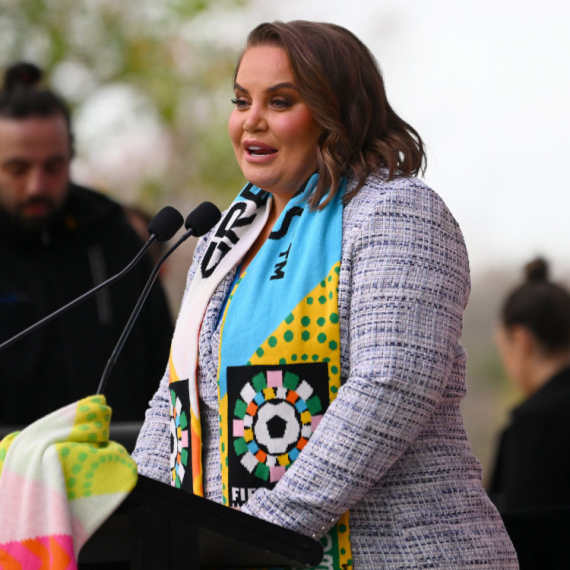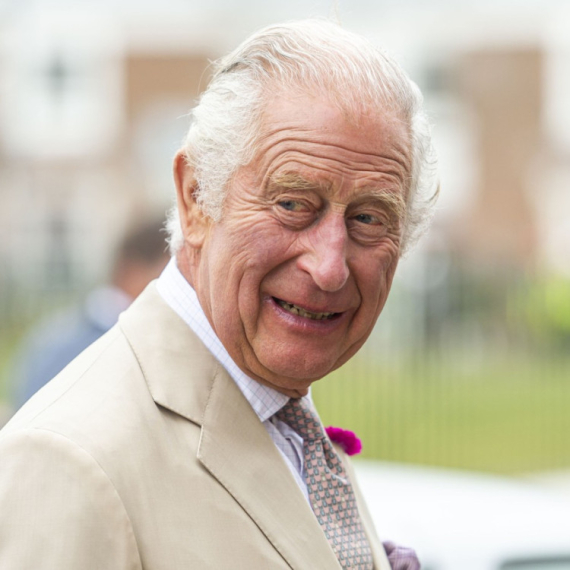"Russia is to blame if new war breaks out"
Russia’s veto in the UN Security Council would spark off a new wave of violence, Richard Holbrooke says.
Tuesday, 13.03.2007.
12:40

"Russia is to blame if new war breaks out"
“If Russia blocks the Ahtisaari plan, the chaos that follows will be Moscow's responsibility and will affect other aspects of Russia's relationships with the West.”, Holbrooke argued.Serbia will have to face the truth that it had lost Kosovo due to the policies of its former president Slobodan Milošević. Serbia's future, according to Holbrooke, “lies within the European Union, if it can get past its own paralyzing historical myths”.
“A peaceful path to Kosovo's independence would open up the entire Balkans, including Serbia, to a promising new era of regional cooperation,” he maintained adding that Moscow “is now encouraging exactly the wrong tendencies within Serbia.”
Russian President Vladimir Putin says Russia will not support anything that the Serbs oppose.
“If this means a Russian veto in the Security Council, or an effort to water down or delay Ahtisaari's plan, the fragile peace in Kosovo will evaporate within days, and a new wave of violence -- possibly even another war -- will erupt.” Holbrooke warned.
He added that Kosovo was a unique case that “sets no precedent for separatist movements elsewhere, because in 1999, with Russian support, the United Nations was given authority to decide the future of Kosovo”.
The former U.S. Envoy to the Balkans said that Russia was using Kosovo for its tactical advantage, as part of a strategy to reassert itself on the international stage.
“If Moscow vetoes or delays the Ahtisaari’s plan, the Kosovo Albanians will declare independence unilaterally. Some countries, including the United States and many Muslim states, would probably recognize them, but most of the European Union would not.” He speculated.
“A major European crisis would be assured. Bloodshed would return to the Balkans. NATO, which is pledged to keep peace in Kosovo, could find itself back in battle in Europe.” Holbrook wrote in his column.
Richard Holbrooke concluded the article by saying that Russia would not benefit from the situation, since “the European security and stability, and Russia's relationship with the West, are on the line.”
FT: EU and U.S. to talk Russia out of veto
UK daily Financial Times cites the failure of Vienna talks means that the U.S. and EU have to persuade Russia not to veto a UN Kosovo resolution.The daily adds that debate was expected to take place in the UN Security Council in April and May, adding that the EU was seeking to diminish Serbia's hostility to the plan by deepening ties with Belgrade.
The Financial Times quoted EU Enlargement Commissioner Olli Rehn as recently saying that “Serbia could become a candidate for EU membership by 2008.” That would require frozen talks on the stabilization and association agreement between Brussels and Belgrade to be rekindled in the next month or so and concluded in the autumn, according to the daily.
However, the EU's diplomatic push is hobbled by its internal disagreements over whether it should even recognize Kosovo as a state.
“While the UK would want to respond positively to a declaration of independence, Greece is worried that the Balkan region contains "many little Kosovos". Spain, Cyprus, and several central European countries have similar reservations.“ the daily wrote.
Meanwhile, the Netherlands is reluctant to restart talks on the association agreement with Serbia while Ratko Mladic, an indicted Bosnian Serb war criminal, remains at large.
However, Sweden’s foreign Minister Carl Bildt said he believed the EU had learnt the lessons of 1991-92, when the bloc reacted in an uncoordinated way to Croatia's declaration of independence and failed to forge a coherent policy on the Balkans.
He said that Kosovo was fated to become an "independent European protectorate" but that the EU needed to think more about the future, since it is slated to assume oversight powers in Kosovo once a UN resolution is passed, the Financial Times concluded.
Russia: Too early to submit Ahtisaari's Kosovo plan to the UN

Kamynin said the outcome of the talks could hardly be any different, as Ahtisaari's proposal “has been made in favor of only one side, containing "statements on the predetermined sovereignty of the [Kosovo] province and established artificial timeframes that hampered the search for a compromise."
"We believe the decision of UN special envoy Ahtisaari to terminate talks and submit his status to the UN is premature." the diplomat said.
"Ahtisaari's status recommendations cannot guarantee a stable and lasting settlement without both parties' consent on the basis of compromise," Kamynin underlined.
He said the sides should "continue unbiased consultations," and gradually “expand the field of accord of the participants in the talks, in the interests of finding a solution on the basis of UN Resolution 1244 and principles of international law.”

































Komentari 34
Pogledaj komentare